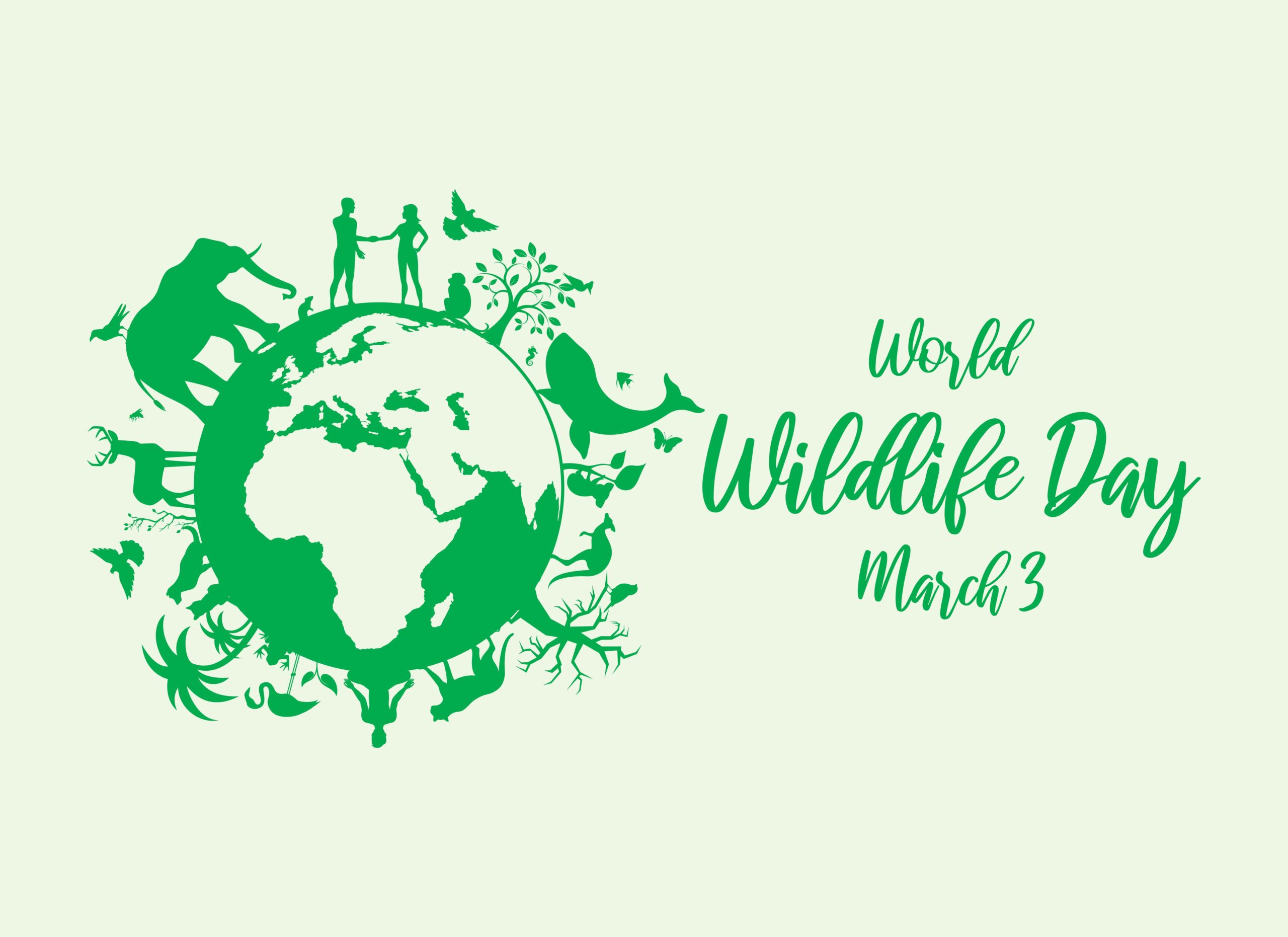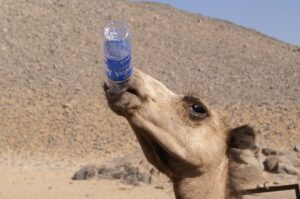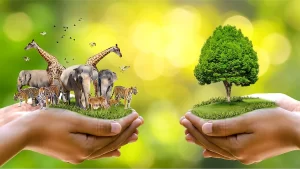You might think animals when you hear the word “wildlife,” but many conservation rules also cover plants and other living things. These living things are found in the natural rather than being introduced by humans. Every habitat, including woods, oceans, deserts, and others, supports a variety of fauna. Why is wildlife important? Ten reasons follow:
1. Wildlife maintains balance in ecosystems
All living things are interconnected. An ecosystem as a whole is negatively impacted if even one organism goes extinct or is threatened with extinction. By upending the food chain, it shocks the entire ecosystem. It’s also crucial to understand that threats to species are rarely isolated events. Other pollinators are under risk from the same things that, for example, imperil honeybees. The protection of all wildlife is necessary for ecosystems to flourish.
2. Diversity means healthier ecosystems
The word “biodiversity” will frequently be used when referring to wildlife. In an ecosystem, there are a certain number of species. Ecosystems that are healthy are quite diverse. Why is this crucial? Think about plants. More types of plants equal more output and better health. A disease that affects fewer plant species spreads more quickly and destructively. Better resistance comes from greater variety.
Sponsered3
3. Wildlife provides nutrients to humans
Everything we eat was previously either an animal or a plant. Because the food supply chain has grown so industrialized, we no longer consume as much “wildlife” as we once did, but crops and animals were once considered to be wildness. Additionally, many people still rely on wildlife for their food. Our nutrition suffers if we don’t consume a range of foods. Ensuring the survival of species and their habitats improves global food security. By consuming a wider variety of foods and returning to more wild food sources, we can also enhance our diets.
4. A lot of medicine comes from wildlife
Nature has traditionally been used by humans as a source of healing. Even while pharmaceuticals wouldn’t be where they are today without wildlife, many medicinal systems (like Chinese traditional medicine) still rely on herbs, spices, and other natural ingredients. Wild plants were used to create drugs like aspirin, penicillin, and morphine. Researchers continue to turn to nature when looking for treatments for diseases like cancer and Alzheimer’s. The more alternatives for studying wildlife they have, the better.
5. Protecting wildlife and their habitats mean fewer diseases that affect humans
For the sake of human health, it is crucial to protect wildlife and their habitat. There are less cases of malaria and Lyme disease in diverse, protected natural regions, according to research. Animals are the source of 60% of infectious diseases, including COVID-19. The likelihood of diseases spreading and “jumping” species increases when people are close to animals. Humans and wildlife don’t have to coexist in such close proximity if ecosystems are protected.
Sponsered3
6. People depend on wildlife for their livelihoods
Wildlife is the primary source of income for many people. More than half of the global GDP, or $44 trillion, is attributed to natural resources, according to the World Economic Forum. 1.6 billion people in the Global South depend on forests. 34 of all employment worldwide depend on water. Jobs are lost as species and their habitats disappear.
7. Wildlife has cultural significance
It’s impossible to overlook how nature affects culture. Religious beliefs and food have always been influenced by the existence of animals and plants. Sage is a key ingredient in religious rituals among many indigenous people. Elephants and cows are revered by Hindus as sacred animals. Local ingredients are used to create regional meals that unite people while preserving memory and custom. The preservation of culture and traditions depends on the protection of animals.
8. Wildlife is important for the economy
Visitors from all over the world come to see wildlife conservation areas and natural environments that have been maintained. Over 10% of the global GDP is derived from tourism, which is a major industry in many countries. The tourist industry is very important for nations like Brazil, Australia, Kenya, and others. Many nations’ economies would suffer considerably without wildlife.
Sponsered3
9. Protecting wildlife creates more jobs
Speaking of the economy, protecting wildlife also boosts employment. For instance, a significant conservation and sustainable management project in Honduras increased community revenue by over 300% and resulted in the creation of over 8,000 jobs. According to studies by Heidi Peltier, a research professor and authority on employment in the American economy, the development of parks and conservation areas generates noticeably more jobs than the production of oil and gas. An economy that is more productive and sustainable results from the establishment of “green” jobs.
10. Being around wildlife and nature is good for mental health
There is a problem in mental health worldwide. There is evidence that nature is beneficial. Living near natural areas and wildlife has been linked to higher levels of activity, emotional stability, and physical wellness. Volunteers with poor mental health participated in nature excursions and conservation tasks in one UK project. They claimed to feel better after 12 weeks. We must save wildlife and the environments they call home if we want to safeguard our mental health.
- What bacteria and fungi lurk in your city? Bees may have the answer.
- 12 Types of Spaniel Breeds Perfect for House Pets
Sponsered3




